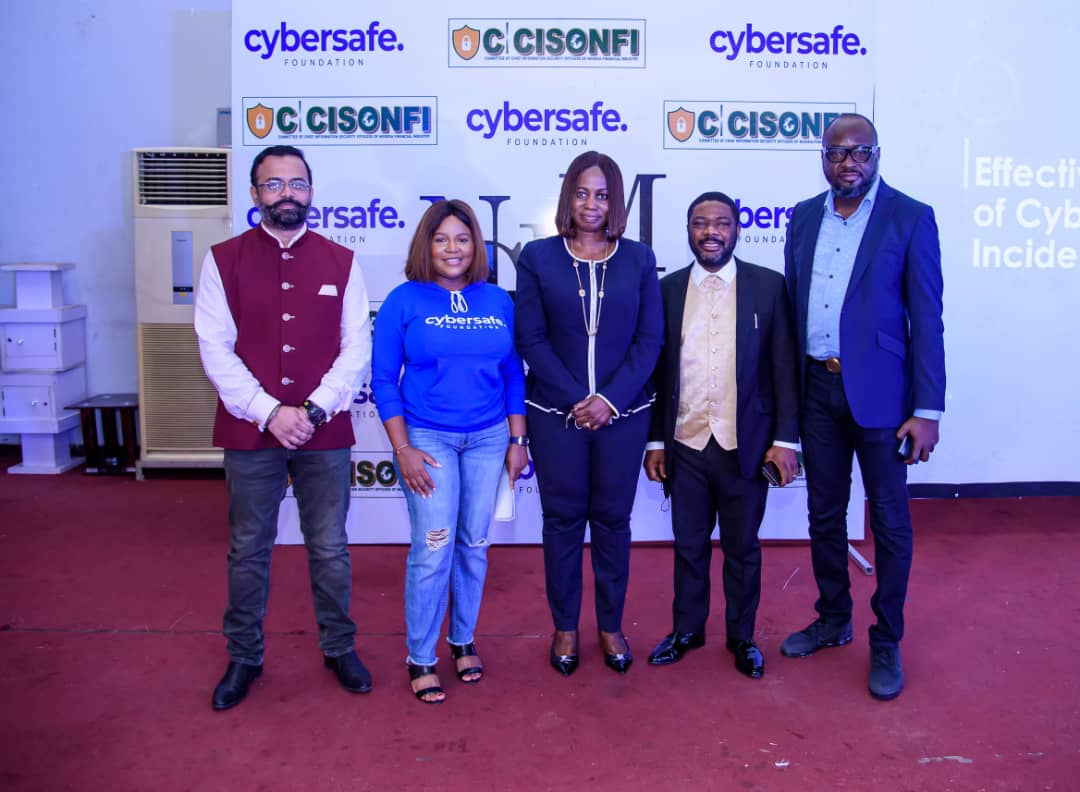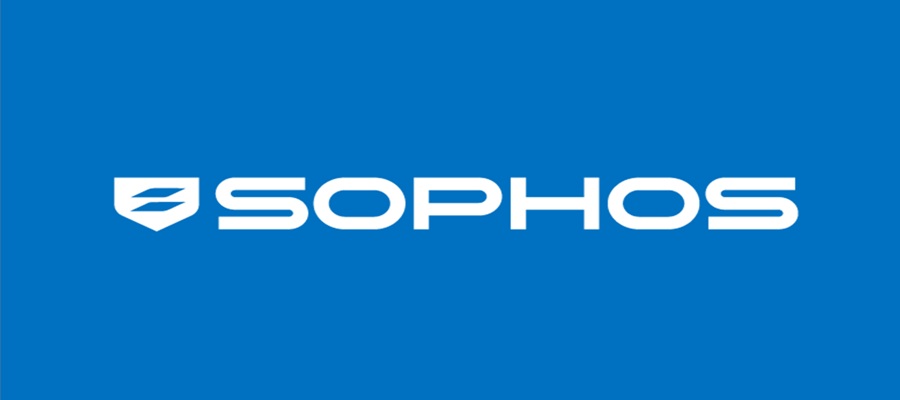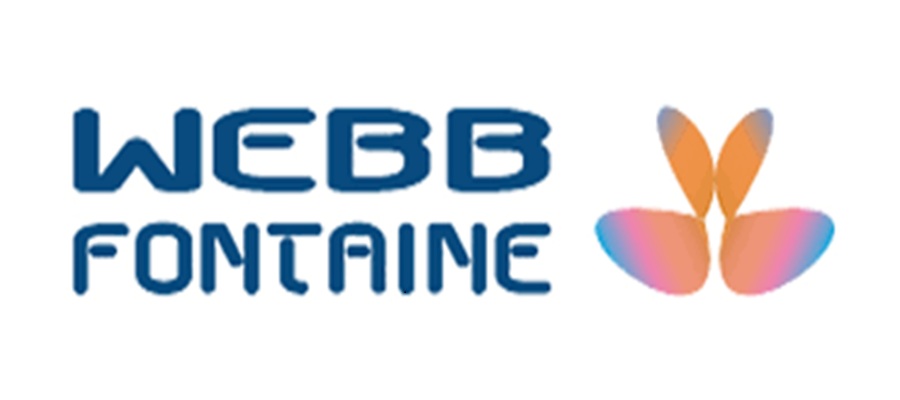Telecom
Cybersafe Foundation Trains NITRA Members on Cybersecurity Awareness & Risks Mitigation

With billions of devices now online, new threats pop-up every second with more people becoming susceptible to attacks. To this end, Cybersafe Foundation, a cyber-security awareness organization in collaboration with the Committee of Chief Information Security Officers of Nigerian Financial Institutions (CCISONFI) have trained members of Nigerian Information Technology Reporters Association, NITRA, on cybersecurity awareness and vulnerabilities mitigation antics.

L-R: Bharat Soni – Chief Information Security Officer – Gtco Plc ; Confidence Staveley – Founder, Cybersafe Foundation ; Favour Femi-Oyewole – Group Chief Information Security Officer – Access Bank Plc; Dr. Obadare Peter Adewale – Chief Visionary Officer/ Co-Founder, Digital Encode; Igboa Abumere – Chairman Committee of Chief Information Security Officer of Nigerian Financial Institution (CCISONFI) at a capacity building workshop for ICT journalists in Lagos on Friday.
The training which took place on Friday, December 3, 2021 at Romey Hall, Awolowo Road in Ikoyi, Lagos, was themed: ‘NoGoFallMaga’.
The training was basically designed to raise awareness on emerging cyber security trends, hazards of cyber threats and assaults, as well as how to avoid them.
In their presentations, the experts said that cybersecurity threats and attacks are not going away and that the occurrence could become the next pandemic.
The experts highlighted the dangers of corporations, governments, and individuals refusing to build barriers and walls to protect their platforms, digital tools, and applications from cyber-attacks.
They, in various presentations, exposed participants to various cyber security concerns considered as digital pandemic.
On his part, Femi- Oyewole, Group Chief Information Security Officer, Access Bank, warned that cyber-attacks would be the next post-Covid pandemic saying that it is critical for businesses and people to begin building resilience and backups for their systems, platforms, and apps. She urged organisations to check their ability to bounce back should they suffer any attack.
“If anything happens to you, how quickly can you bounce back? Have you checked your resilience, do you have a backup”, she asked.
According to her, integrity, confidentiality, and availability of a good cybersecurity system must be put in place by organisations as part of their cybersecurity strategies.
Femi-Oyewole continued “You need to put necessary measures in place to quickly detect any breaches and remedy. Vulnerability is any flaw or weakness that can be exploited. There should be counter measures in place to prevent, minimize or report any breaches on time so that corrective measures can be taken up immediately”.
Bharat Soni, Chief Information and Security Officer, Gtco Plc, said organizations should work to mitigate cyber security challenges such as insider fraud, business email compromises, ransomware, and phishing.
He further explained that cyber threats and assaults have increased due to technological advancements, social-economic considerations, and insufficient criminal justice. He listed the most recent cyber security breaches as Twitter compromise 2020, Colonial Ransomware Attack 2021, and Cyber Breach of an Undisclosed Nigerian Bank 2021.
For him, social media has become a challenge to reporting cyber incidents as many people do not check the authenticity of news posted on these social media platforms.
Soni noted that this is why media collaboration is critical to cybersecurity awareness.
CCISONFI Chairman and the Chief Information Security Officer, Stanbic IBTC, Igboa Abumere noted that there is need for awareness despite the cybersecurity regulations. “We are highly regulated but we still need to know how to protect ourselves,” he stated.
Dr. Obadare Peter Adewale, Chief Visionary Officer/ Co-Founder, Digital Encode, enjoined ICT journalists to get equipped with knowledge of trends in the cybersecurity ecosystem. This he said, will empower the journalists to inform the public with accurate and factual cybersecurity information in their reportage.
The capacity building workshop also had in attendance Founder, Cybersafe Foundation, Confidence Staveley with over 30 ICT journalists and media entrepreneurs.
Telecom
Safer Internet Day: Sophos Warns – 42% Attacks Hit Stolen Logins in 2025

Sophos, a leading provider of innovative cybersecurity solutions, shared practical advice to help internet users safeguard their credentials and maintain continuous protection online.

Sophos
According to the upcoming Sophos Active Adversary Report, compromised credentials were the leading cause of attacks (42.06%) in 2025.
This is a strong trend that continues to dominate the scene, with cyber attackers demonstrating ever-increasing ingenuity and relying on new tools to compromise the security and privacy of internet users.
John Shier, Field CISO Threat Intelligence at Sophos, said: “The way attackers are using automation and generative AI to massively increase the speed and volume of their attacks suggests that attacks will become faster and more sophisticated. The best approach to protecting our identities and digital data is to take a proactive stance on defense.”
“Criminals are increasingly targeting people rather than devices, and this trend is expected to continue and even accelerate. Once again, AI is being used as a weapon to create highly detailed phishing lures to entice people to disclose passwords or financial information through well-designed emails, text messages, and WhatsApp messages.”
1. Keep your devices up to date: the most important and simplest measure you can take to protect yourself in the long term.
Cybercriminals are constantly on the lookout for computers that don’t have all the latest security patches, making them easy targets for compromise. This includes computers, laptops, smartphones, tablets, and home Internet/Wi-Fi routers. In most cases, you just need to click “Check for Updates” or “Update Now” and allow the device to restart.
2. Use a password management tool, whether it is built into an operating system or a third-party tool.
Password uniqueness and complexity are then managed automatically, greatly facilitating account isolation and protection.
3. Enhance protection with phishing resistant (MFA).
Many websites offer the option of using an “authentication app,” a smartphone app that displays a unique code for a short period of time, which must be entered after the password, making it much more secure than simply using a password.
Better still, there is a new solution called “passkeys,” which generally uses biometric authentication on your smartphone (face scan, fingerprint) to log in without any password. This is the best choice when available.
John Shier concludes: “Criminals will never stop trying to steal from us, so we must remain vigilant. We know that they are constantly improving and becoming more skilled at deceiving us, so it’s up to us to move forward and improve our protections to stay safe.”
For more information, please visit: https://www.sophos.com
Telecom
EU Eyes Interim Ban on Meta’s WhatsApp AI Restrictions

European Union has launched a formal challenge against Meta Platforms over a new policy restricting third-party artificial intelligence tools on WhatsApp.

Meta
Regulators accuse the U.S. tech giant of abusing its dominant position in the messaging market to favor its own AI assistant.
On January 15, Meta implemented changes to the WhatsApp Business API, allowing only its proprietary Meta AI to operate while blocking rival chatbots.
The European Commission quickly responded with a statement of objections and announced plans for interim measures to prevent “serious and irreparable harm” to competitors during the ongoing investigation.
EU antitrust chief Teresa Ribera stressed the need to safeguard competition in the booming AI sector. “We cannot allow dominant tech companies to illegally leverage their dominance for an unfair advantage,” she said.
Interim steps could force Meta to restore access for third-party AI tools on WhatsApp pending the probe’s outcome.
Meta defended the policy, insisting the WhatsApp Business API serves business-to-customer needs, not general AI distribution.
A spokesperson highlighted alternatives like app stores, devices, and websites for other AI options, rejecting claims that the API is essential for chatbots.
This dispute echoes actions elsewhere: Italy restricted Meta similarly last December, while Brazil recently lifted a comparable court order.
As AI integrates deeper into daily apps, the EU’s moves signal heightened scrutiny on tech gatekeepers.
Telecom
Webb Fontaine Unveils AI Customs Revolution at WCO Abu Dhabi Summit

Webb Fontaine has launched Webb Fontaine Zerø, a groundbreaking AI-powered Customs platform, at the 2026 WCO Technology Conference in Abu Dhabi, drawing over 1,500 delegates from 100+ countries.

Webb Fontaine
CEO Alioune Ciss unveiled the LLM-based concept during the keynote, calling it a “complete reset” from legacy systems – embedding AI across operations for real-time regulatory adaptation, risk management, and trade facilitation under the theme “Customs Agility in a Complex World.”
CTO Ara Shamirzayan led panels on AI risk analytics, while GM Anicet Houngbo moderated border digitalization talks showcasing emerging market successes.
The firm’s stand hosted Zerø demos, interactive sessions, and a sponsored gala dinner, reinforcing WCO ties via SAFE Framework and PSCG contributions.
Webb Fontaine eyes global partnerships to deploy agile, future-proof Customs tech amid rising trade demands.

 E-Financial2 days ago
E-Financial2 days agoAlawuba Advocates Security, Bankable Projects, Infrastructure Development to Promote South-East Vision

 E-Financial1 day ago
E-Financial1 day agoCBN Expresses Concern Over Foreign Investments in Nigeria Fintechs

 Telecom1 day ago
Telecom1 day agoNCC Committed to Regional Digital Integration – Maida

 General News1 day ago
General News1 day agoIndigenous Firm Deploys 400,000 Smart Electricity Meters in 2025

 E-Financial1 day ago
E-Financial1 day agoBOI Secures CBN Nod for Sharia Banking, Unlocks Ethical Funding Boom

 Telecom1 day ago
Telecom1 day agoITU Top Director Visits NITDA, Boosts Nigeria’s Digital Literacy Push

 E-Financial1 day ago
E-Financial1 day agoUBA’s Easy and Instant Account Opening Thrills Returnee

 News1 day ago
News1 day agoEFInA Unveils Research Fellowship Programme to Deepen Financial Inclusion Impact



























